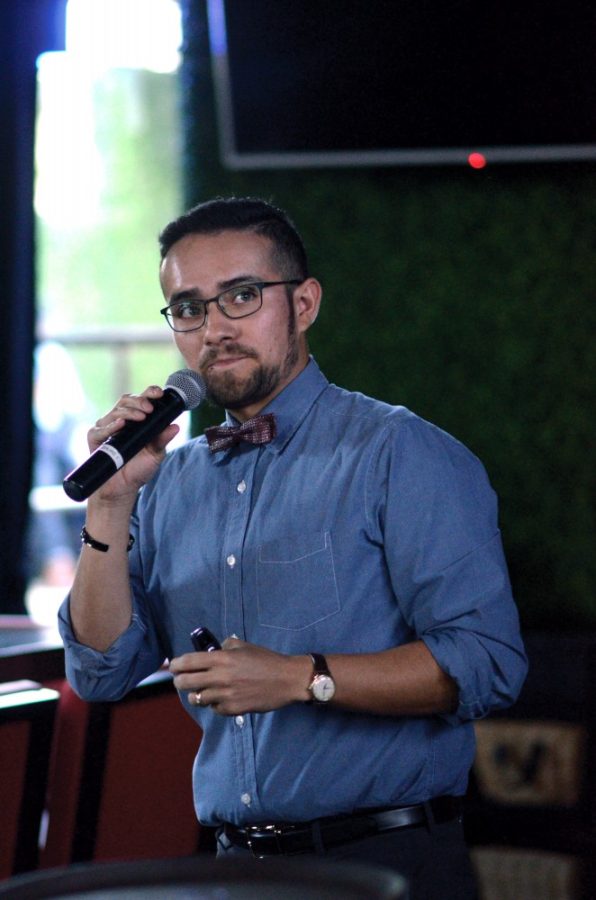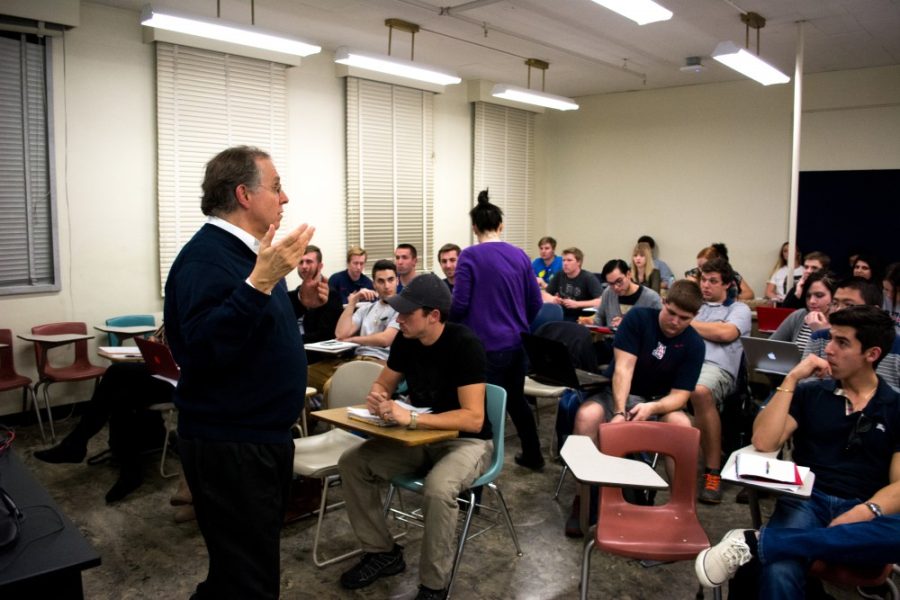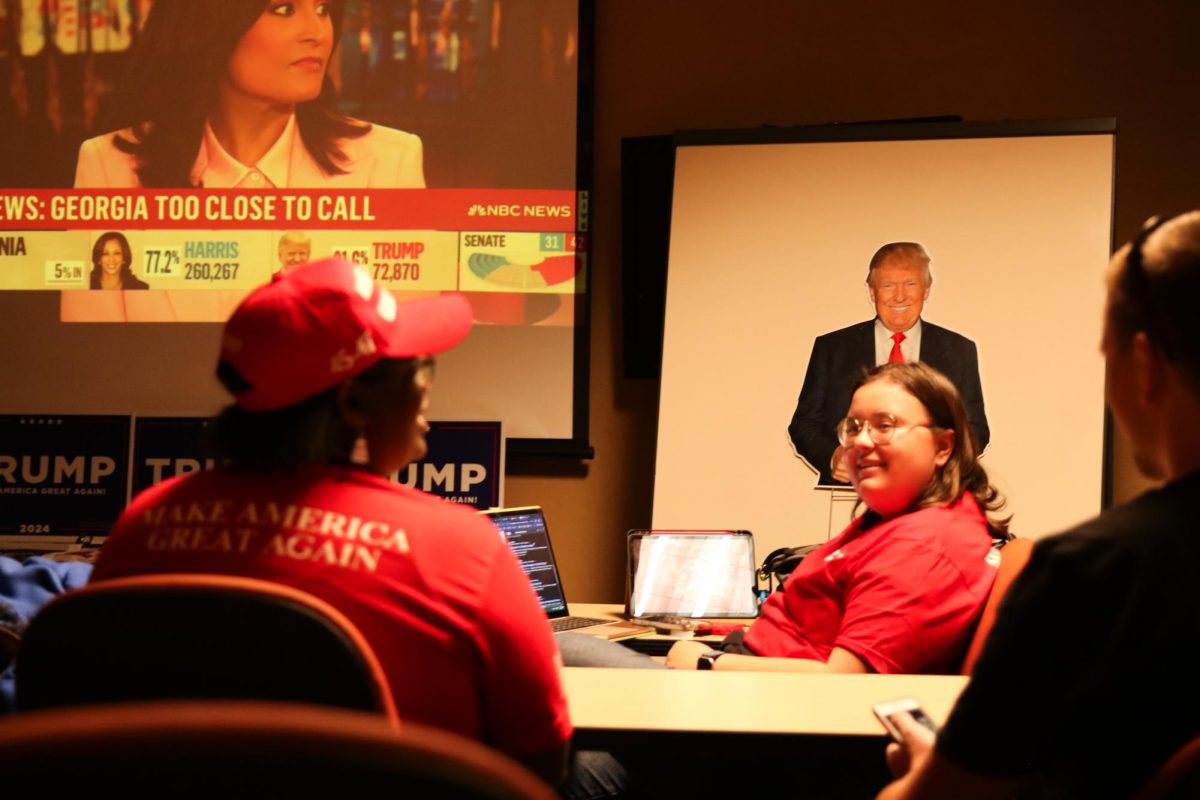The UA is home to a multitude of Fulbright Scholars. Each year the program selects a handful of students for rare opportunities.
About ten students out of the applicant pool for the Fulbright program are given the opportunity to do an English-Teaching Assistantship, a Study-Research Grant abroad or, in some countries, complete a Master’s degree.
Emily Kotay, a scholarship advisor for the Office of Nationally Competitive Scholarships, said the UA is a top producer of Fulbright scholars.
Only graduating seniors can apply, Kotay said, because Fulbright scholars must have their bachelor’s degree by the time they would be abroad with Fulbright.
“[The Fulbright program] looks for students who have ambassadorial qualities, demonstrate leadership and independence, and are eager to live abroad and immerse themselves in a new culture,” Kotay said.
For undergraduate students who are interested in the Fulbright program, Kotay said they should study a foreign language.
“For some countries, Fulbright requires an advanced level of language proficiency,” Kotay said. “Also take advantage of studying abroad, [which] clearly demonstrates you’re capable of taking on a full year in another country as a Fulbrighter.”
Edward Polanco, a fourth-year doctoral student in the Department of History at the UA, is a Fulbright scholar currently in Mexico for a nine-month expedition, conducting research for his dissertation.
“I was drawn to Fulbright because it allows students to live abroad for an academic year and conduct research,” Polanco said. “As a Ph.D. student in history, getting to Mexico for an extended period of time is crucial so that I can consult archival documents. The data from these sources will help craft my dissertation.”
Polanco has had the opportunity to visit Puebla, Mexico, and is planning to visit Oaxaca for Día de Los Muertos in November.
Polanco said that one of the most rewarding aspects of traveling through the Fulbright program is experiencing another culture.
“A long-term trip allows me to observe Mexican holidays and partake in Mexican traditions, which is an experience that is impossible to replicate in classrooms or books,” he said.
The Fulbright program is unique, according to Polanco, because recipients are placed alongside individuals who are researching an aspect of the country they find interesting.
Polanco’s interest in Mexico stems from growing up in the Southwest in the areas that were once part of New Spain. He said he is fascinated with the shared roots of these places that transcend borders and predate the presence of Europeans and nation-states.
“Mexico has 19 other student researchers all investigating various facets of [the country.] … Meeting and talking to these people has been very rewarding,” Polanco said. “Many fellowships or grants simply place researchers in the field where they are on their own, [while] Fulbright fosters and encourages networking.”
Jennifer DiLallo, a senior studying Hispanic linguistics and speech, language and hearing sciences, is also a Fulbright recipient who is expected to travel to Brazil as an English-teaching assistant.
“As an ETA, I’ll also be performing some sort of side project, and I’d like to continue my work with supporting language development in underprivileged communities,” DiLallo said. “However, I’m trying to stay super flexible since my outreach will depend on what community I’m placed in.”
The most rewarding aspect of this scholarship, DiLallo said, will be the plane rides to and from Brazil, where she will be able to reflect how the trip has changed her.
“My experience in Brazil will connect back to my post-graduate plans,” DiLallo said. “I want to pursue a M.S. or Ph.D. in bilingual speech-language pathology, and I cannot learn enough about bilingual language acquisition and intercultural experiences to make that happen.”
Follow Terrie Brianna on Twitter.









